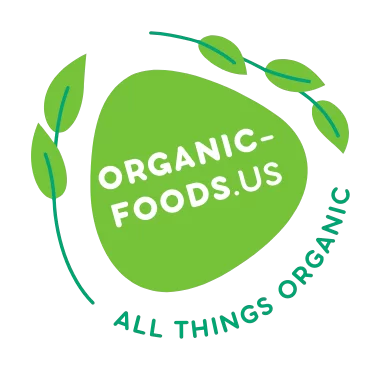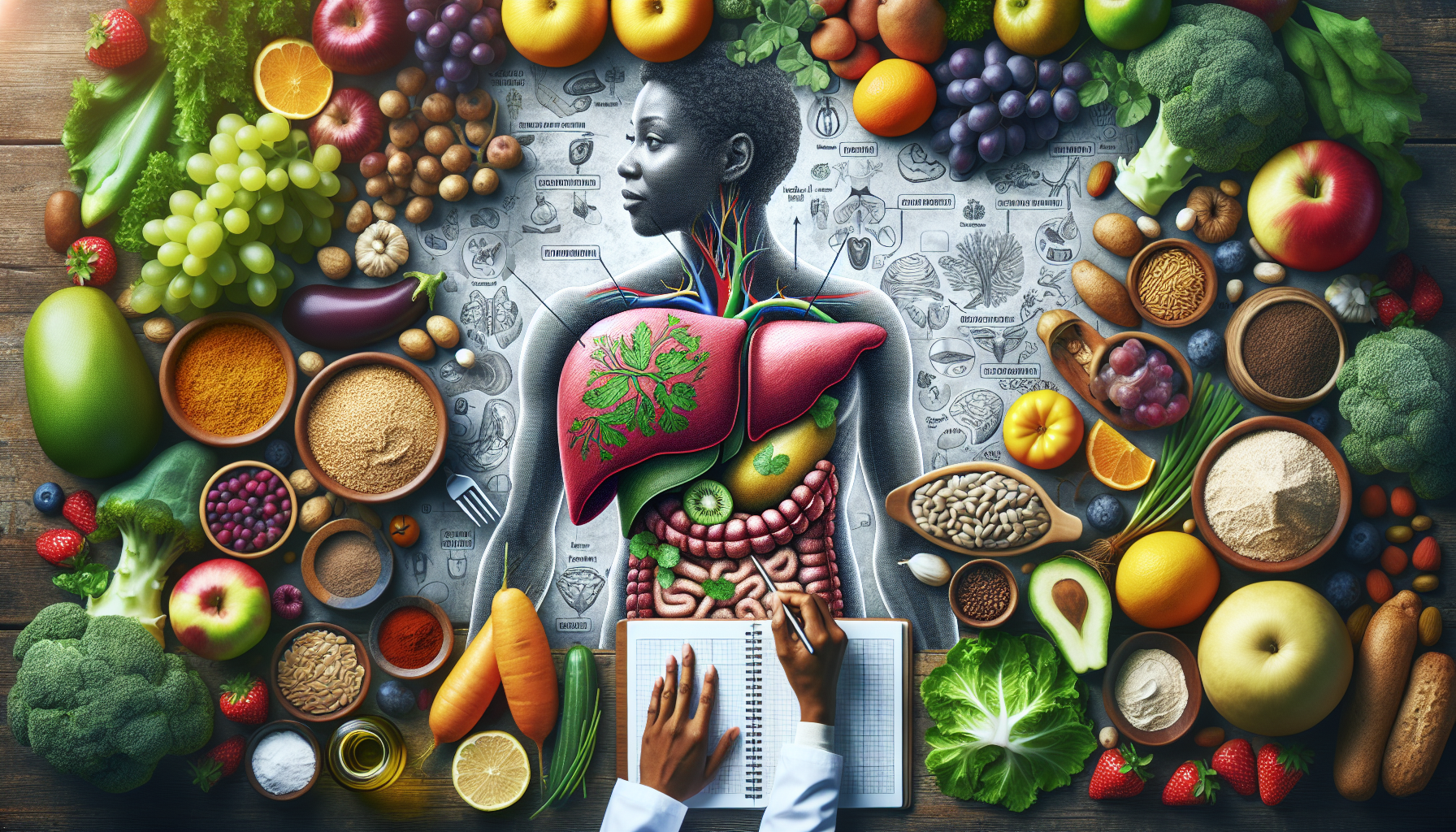Exploring Organic Foods for Supporting Liver Function
The liver is a vital organ responsible for numerous functions, including detoxification, metabolism, and nutrient storage. As such, maintaining its health is crucial for overall well-being. One way to support liver function is through the consumption of organic foods, which are free from synthetic pesticides and fertilizers that could potentially harm the liver. In this article, we’ll explore various organic foods that can aid in maintaining and improving liver health.
Why Choose Organic?
Choosing organic foods can significantly benefit liver health due to the absence of harmful chemicals. Conventional farming often uses pesticides and herbicides that can accumulate in the liver, potentially leading to damage over time. Organic farming, on the other hand, relies on natural methods to grow crops, reducing the risk of chemical exposure. A study on organic foods and liver health found that organic produce had lower levels of pesticide residues, which could be beneficial for liver function.
Top Organic Foods for Liver Health
Leafy Greens
Leafy greens like spinach, kale, and arugula are packed with nutrients that support liver function. These vegetables are rich in chlorophyll, which can help neutralize toxins and heavy metals in the body. Additionally, they contain vitamins and minerals such as vitamin K, folate, and magnesium, which are essential for liver health. Incorporating a variety of leafy greens into your diet can provide a natural boost to your liver’s detoxification processes.
Beets
Beets are another excellent choice for supporting liver function. They contain betaine, a compound that helps the liver process fats and reduce inflammation. Beets are also high in antioxidants, which can protect liver cells from damage. You can enjoy beets raw, cooked, or juiced to reap their liver-supporting benefits.
Garlic
Garlic is not only a flavorful addition to many dishes but also a powerful ally for liver health. It contains sulfur compounds that support the liver’s detoxification pathways. Garlic also has anti-inflammatory properties and can help reduce the risk of liver disease. Adding fresh garlic to your meals is a simple way to support your liver’s health.
Lemons
Lemons are rich in vitamin C, which is known for its antioxidant properties. This vitamin can help protect liver cells from damage and aid in the detoxification process. Starting your day with a glass of warm lemon water can be a refreshing way to support your liver’s health.
Walnuts
Walnuts are a great source of omega-3 fatty acids, which have anti-inflammatory properties and can help protect the liver from damage. They also contain glutathione, an antioxidant that supports the liver’s detoxification processes. Snacking on a handful of walnuts or adding them to salads and smoothies can be a tasty way to support liver health.
Organic Foods to Avoid for Liver Health
While many organic foods can support liver function, some should be consumed in moderation or avoided altogether. High-fat organic meats, for example, can be taxing on the liver if consumed in large quantities. Additionally, organic processed foods, such as snacks and sweets, may contain high levels of sugar and unhealthy fats, which can contribute to liver issues over time. It’s essential to balance your diet with a variety of nutrient-dense organic foods to support optimal liver health.
Integrating Organic Foods into Your Diet
Incorporating organic foods into your diet doesn’t have to be complicated. Here are some simple ways to start:
- Shop at Farmers’ Markets: Farmers’ markets often offer a wide variety of organic produce at reasonable prices. You can also support local farmers and learn more about where your food comes from.
- Start a Garden: Growing your own organic vegetables and herbs can be a rewarding way to ensure you have access to fresh, chemical-free produce.
- Read Labels: When shopping at the grocery store, look for the USDA Organic seal to ensure that the products meet organic standards.
- Experiment with Recipes: Try new recipes that incorporate organic ingredients to keep your meals exciting and nutritious.
The Impact of Organic Foods on Liver Health
The impact of organic foods on liver health can be significant. By reducing exposure to harmful chemicals and increasing intake of nutrient-dense foods, you can support your liver’s natural detoxification processes and overall function. Research on the effects of organic diets has shown that switching to an organic diet can lead to a reduction in pesticide exposure, which is beneficial for liver health.
Moreover, the antioxidants and nutrients found in organic foods can help protect liver cells from damage and support the organ’s ability to process toxins. For example, the high levels of vitamin C in organic lemons can aid in the production of glutathione, a crucial antioxidant for liver detoxification. Similarly, the sulfur compounds in organic garlic can enhance the liver’s ability to eliminate toxins from the body.
Conclusion
Supporting liver function through the consumption of organic foods is a natural and effective way to maintain overall health. By choosing organic leafy greens, beets, garlic, lemons, and walnuts, you can provide your liver with the nutrients it needs to function optimally. Remember to balance your diet and avoid organic foods that may be harmful in excess, such as high-fat meats and processed snacks. With a few simple changes to your diet, you can support your liver’s health and enjoy the benefits of organic eating. A review on the benefits of organic foods for liver health highlights the potential of organic diets in reducing the risk of liver disease and improving overall liver function.

